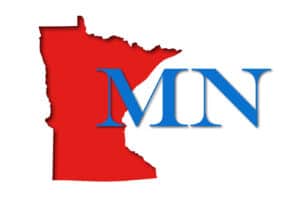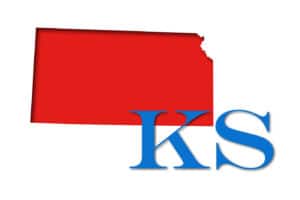Last Friday morning, the National Housing Conference (NHC) held its Annual Policy Symposium in Washington D.C. to a welcoming audience of investors, researchers, and bureaucrats. NH&RA, a longtime member of NHC, was in attendance. The half-day event included an address by Detroit Mayor Mike Duggan on the city’s development, a panel of experts further discussing Detroit, and a panel discussing the growing impact and role of private-public partnerships in community development.
Last fall, NH&RA and its affiliate the National Council of Housing Market Analysts (NCHMA) hosted a two-day symposium exploring many of Detroit’s initiatives to rebuild and drive economic development after the financial downturn of 2008. Mayor Duggan built on the themes addressed last year, including Detroit’s long-term development strategy and its plans for funding affordable housing.
Mayor Duggan explained that his primary challenge as mayor has been to reverse a population decline dating back to the 1960’s, when industry began relocating plants to available land in the suburbs. With adept planning based on community needs, he is working to overcome this challenge. Through improving the efficiency of public services, upgrading utilities such as streetlights, and implementing innovative housing management policy, Duggan has helped lead Detroit into a period of rapid growth.
An especially interesting point on this mission is the $250 million Affordable Housing Leverage Fund. It consists of $50 million in grant funds, $50 million in public funds, and $150 million in low-interest borrowing. This fund is set to rehabilitate old homes and construct about 2,000 additional new homes.
Even though property values have increased at a faster rate in Detroit than in any other American city in the past three years, Mayor Duggan insists that the development is too slow. As is the case for many other American cities, challenges facing Detroit include a limited labor supply for construction and limited amounts of public resources. But opportunity is ripe.
After Mayor Duggan’s address, a panel featuring representatives from Quicken Loans (Detroit’s largest company and a major driver for downtown Detroit’s’ economic revitalization), the Detroit City government, and U-SNAP-BAC, a community development association based on Detroit’s East Side, offered additional insight on this urban renaissance. One important resource was the implementation of the TIF (Tax Increment Financing) state program passed in 2017. The program offers $5 billion in gap financing on projects throughout the state of Michigan. While $500 million of investment is required to qualify for this financing in Detroit, the threshold can drop to as little as $15 million in smaller, more rural communities. Quicken Loans’ real estate trust has invested billions in Detroit and has leveraged TIF financing to build new projects, including about 700 affordable housing units. Panelists also discussed Detroit’s need to solve a large swath of tax foreclosures and to improve its school quality, the latter being a necessary measure to encourage housing demand from families.
Although some disagreements came about on preventing gentrification and how to prioritize urban needs, all panelists agreed on the power of public incentives and public financing.



